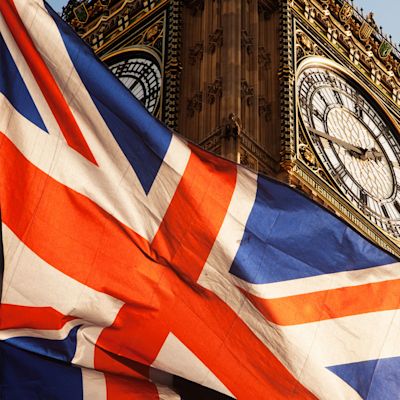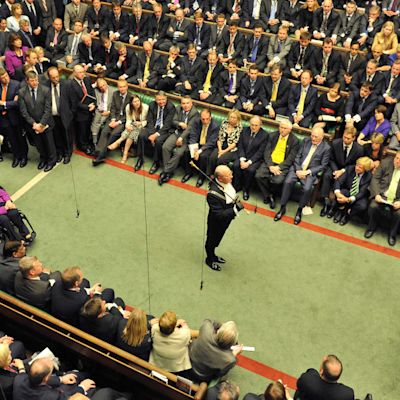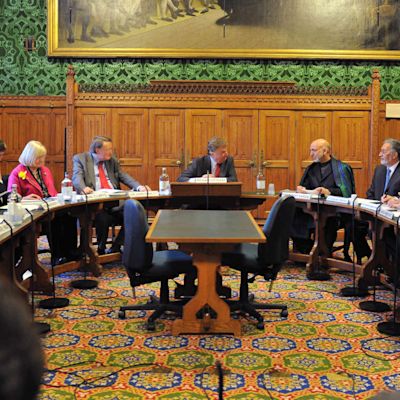Parliament is critical to the outcome of Brexit but the process will in turn affect Parliament’s position, in relation to both government and the public. How is Parliament responding to the Brexit challenge, across its scrutiny, legislative and treaty-making roles? How will (and should) Parliament’s procedures and institutions change for the post-Brexit era?
Latest

Written evidence to the House of Commons European Scrutiny Committee: Retained EU Law: Where next?
Our submission to the House of Commons European Scrutiny Committee inquiry into retained EU law (REUL) placed the issue in the context of our Delegated Legislation Review. It discussed REUL’s diversity and amendment; the people and organisations to whom REUL amendment may matter; and parliamentary scrutiny of delegated legislation arising from amending REUL.

Back to the future? House of Commons scrutiny of EU affairs after Lord Frost’s exit
The recent rearrangement of responsibilities for the government’s handling of EU-related affairs raises questions about future parliamentary scrutiny of these issues. In some respects pre-2016 institutional arrangements are restored, but the post-Brexit landscape presents new scrutiny challenges which thus far MPs have not confronted.

Lord Frost appointment raises parliamentary scrutiny questions
Lord Frost’s appointment as Minister of State in the Cabinet Office to lead on UK-EU relations brings some welcome clarity about future government arrangements in this area. However, it also raises challenges for parliamentary scrutiny, above all with respect to his status as a Member of the House of Lords.

Ping-pong and packaging
There was controversy on 9 February over whether the government had used procedural trickery to swerve a backbench rebellion in the House of Commons on a clause inserted in the Trade Bill by the House of Lords. Apparently, it was something to do with ‘packaging’. What does that mean, and was it true? The answer is all about ‘ping-pong’.

Post-Brexit select committee changes highlight Lords–Commons differences
The contrasting post-Brexit fates of the two Houses’ EU-focused select committees have come about through processes in the Lords and the Commons that so far have differed markedly. This difference reflects the distinction between government control of business in the Commons, and the largely self-governing nature of the Lords.

An inter-parliamentary body for the UK Union?
Before Brexit, mechanisms for inter-parliamentary relations and scrutiny of inter-governmental relations in the UK were unsatisfactory. Post-Brexit, the need for reform has become urgent. There should be a formal inter-parliamentary body, drawn from all five of the UK’s legislative chambers, with responsibility for scrutiny of inter-governmental working.
Browse all

Written evidence to the House of Commons European Scrutiny Committee: Retained EU Law: Where next?

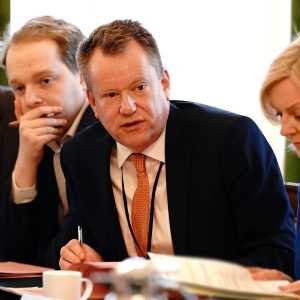

Ping-pong and packaging
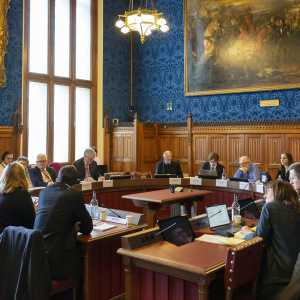

An inter-parliamentary body for the UK Union?
More themes
